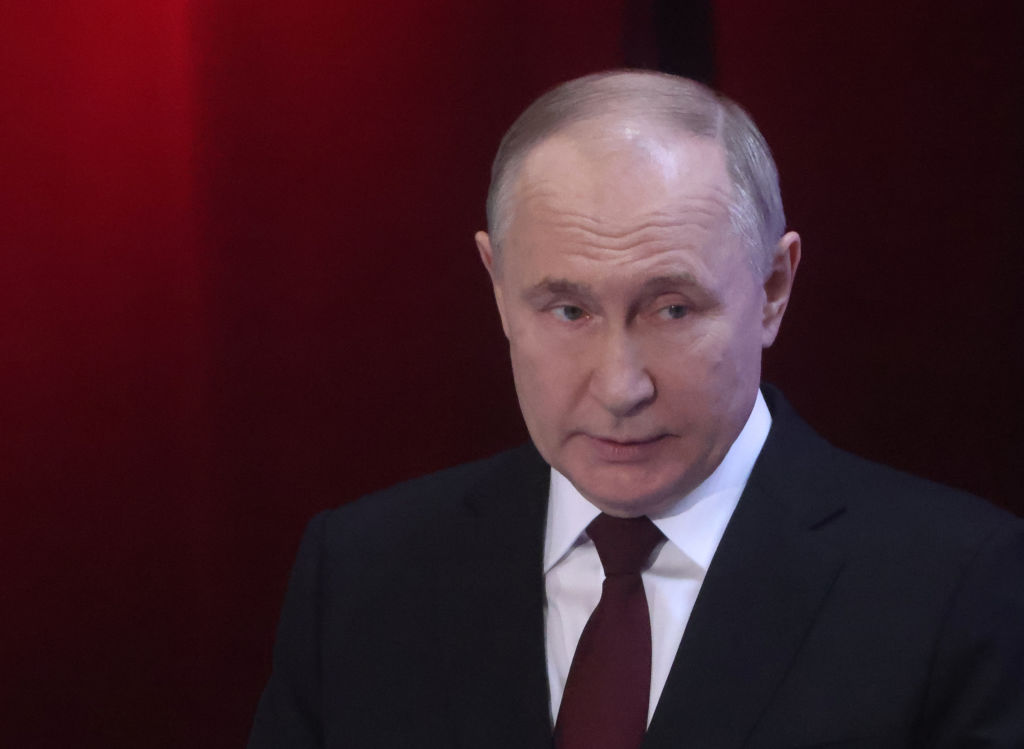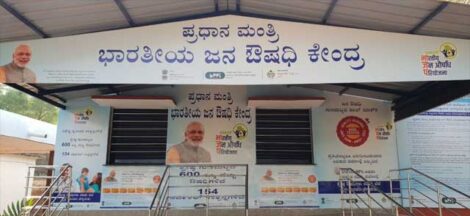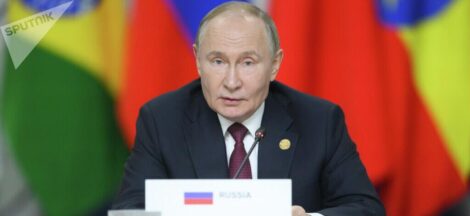State investigators confirmed that Roman Starovoyt, aged 53, was found dead from a gunshot wound in his car in Odintsovo, just west of Moscow, on 7 July. The discovery came mere hours after President Vladimir Putin signed a decree removing him from his position as transport minister, a role he had held since May 2024.
The Investigative Committee stated that “suicide” is the primary hypothesis, and a pistol—widely reported to be a ceremonial gift—was found at the scene. The Kremlin’s dismissal order, issued at around 09:15 that morning, offered no explanation, and Putin named Andrey Nikitin, formerly deputy minister, as acting transport minister shortly thereafter.
Analysts link Starovoyt’s abrupt removal to mounting pressure from probes into a corruption scandal in Kursk Oblast, where he served as governor until May 2024. Funds—approximately 19.4 billion roubles—allocated in 2022 to fortify the Ukrainian-border region have sparked allegations of misappropriation. His successor in Kursk, Alexei Smirnov, was arrested in April amid an embezzlement investigation.
The scandal is said to have weakened Russia’s border defences and contributed to a Ukrainian incursion into the Kursk region in August 2024—the first foreign occupation of Russian territory since World War Two. Reuters reported that Starovoyt’s position had been uncertain for months due to the scandal’s fallout.
Concurrent events suggest deeper upheaval within the transport ministry. Late on 7 July, Andrei Korneichuk, a senior official in the Federal Road Agency, died suddenly of an apparent heart attack during a ministry meeting. Earlier that week, Andrei Badalov, vice-president of Transneft, fell to his death from a Moscow apartment—a death officially characterised as suicide.
State media posted images of Starovoyt alongside the pistol, with some commentators noting the photos appeared unusually fast, fuelling questions about the narrative being presented. Discrepancies over whether his body was found in the car or nearby bushes have further cast doubt on the official account.
Reactions in Moscow were muted. Kremlin spokesman Dmitry Peskov declined to comment on the cause of death, highlighting instead Nikitin’s credentials and Putin’s insistence on stabilising the transport sector amid drone disruptions that grounded hundreds of domestic flights.
Nikitin, 45, brings experience as former governor of Novgorod Oblast and deputy transport minister since February 2025. In his first public statement, he pledged to accelerate digital modernisation to alleviate cargo bottlenecks and strengthen logistics.
Putin’s decision to sack Starovoyt also aligns with a broader crackdown on corruption within the military and state structures. In the days before Starovoyt’s death, Khalil Arslanov, a former deputy chief of Russia’s General Staff, was convicted of graft and sentenced to 17 years in prison. Timur Ivanov, former deputy defence minister, received a 13‑year sentence on similar charges.
The confluence of sudden deaths and corruption prosecutions among Russia’s elite—especially those associated with wartime logistics and defence—compounds speculation about internal turmoil. International analysts are watching for potential ripple effects on the government’s capacity to manage transport infrastructure critical to military operations.
While the Investigative Committee continues its work into Starovoyt’s death, no firm timeline has been released for the criminal probe. Kremlin officials have described the minister’s replacement as the priority, emphasising continuity in overseeing a transport sector challenged by sanctions, drone threats, and economic strain.




 MNS Protest Sparks Tension in Mira Road Over Language Row
MNS Protest Sparks Tension in Mira Road Over Language Row 